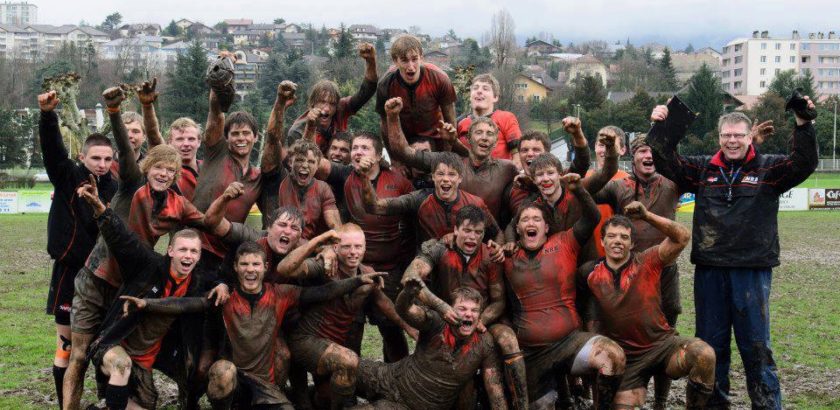Create that all important skillmix!
Our rugby players and their individual strengths are the rugby team assets. How to put the players where they make most use of their talents? Especially in the Netherlands with a small player base this is an interesting puzzle. You have to look at the competences required for an individual role and match those. No match? Then you know what you have to do: develop the qualities in the players yourself.
Enjoy the rugby player profiles on my website and building your own High Performance Super Team…
General
It is important for each individual player to have a good understanding of the role of each player in the team. Only then the players can gel into a team and understand how to optimise each other’s performance. This is defined as:
Role Clarity – Role Acceptance – Role Performance
Albert Carron
Translated, this means that each player has to understand what he should do (and should not do), accept those tasks of playing in that position and then performing the tasks related to that role. Everybody should feel responsible to perform his task. It is your objective as a coach to create clarity and help players identify with their tasks.
Please note: us coaches always assume that if all is clear, the players will start doing it: True or False?
Once you have Role Clarity, you can have performance.
Some tasks are the same for each position, working on those is the first priority, everybody:
- must be fit: define fit
- should tackle
- should not lose the ball in a tackle
- must catch the ball and throw a decent pass
- must be willing to fix somebody else’s his mistakes; immediately!
Positional Roles
Below is an overview of players positions in a rugby squad. Click to read what their functional roles are (mostly based on iRB manuals and other feedback I gathered over the years):
Enjoy and share your thoughts!

2 comments for “Team roles”